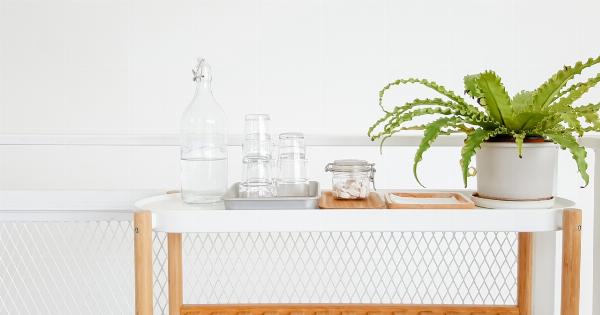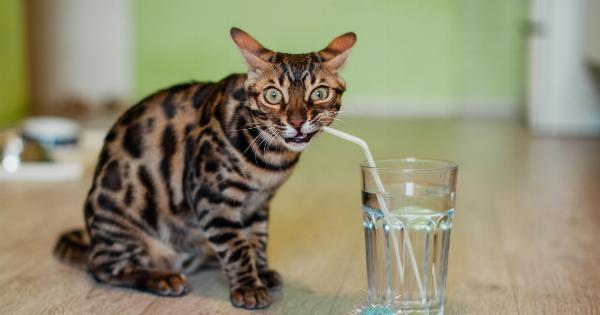Hiccups. We’ve all experienced them at one point or another. They are often harmless and go away on their own, but they can be annoying and even painful if they persist. Hiccups are involuntary contractions of the diaphragm muscle.
When the diaphragm contracts, it pulls air into the lungs, causing the vocal cords to close suddenly, producing the characteristic “hic” sound.
What Causes Hiccups?
Several factors can trigger hiccups, including:.
- Eating too quickly
- Consuming carbonated beverages
- Drinking alcohol
- Smoking
- Stress or strong emotions
- Sudden temperature changes
- Swallowing air
- Some medications
- Medical conditions that irritate the nerves that control the diaphragm, such as gastroesophageal reflux disease (GERD)
How to Stop Hiccups
Most of the time, hiccups go away on their own within a few minutes. But if they last longer, you can try some of these home remedies:.
1. Breath control techniques
Breath control techniques can help you regulate your breathing and interrupt the hiccup cycle. Take a deep breath, hold it for a few seconds, and then exhale slowly. Repeat this a few times until the hiccups stop.
2. Drinking water
Drinking water can help you swallow air and regulate your breathing. Take slow sips of water, and try to exhale slowly between sips. Drinking from the opposite side of the glass may also help.
Bend over and put your lips on the opposite rim of the glass, and drink from that side.
3. Swallowing granulated sugar
Swallowing a teaspoon of granulated sugar can stimulate the vagus nerve, which may help stop hiccups. Put the sugar on your tongue and let it dissolve, then swallow.
4. Holding your breath
Holding your breath can help regulate the diaphragm muscle and interrupt the hiccup cycle. Take a deep breath and hold it for as long as you comfortably can, then exhale slowly.
5. Pulling on your tongue
Pulling on your tongue may stimulate the vagus nerve and help stop hiccups. Gently pull your tongue forward and hold it for a few seconds, then relax.
When to See a Doctor
Hiccups are usually harmless and go away on their own. However, if you have persistent hiccups that last more than 48 hours, you should see a doctor. Persistent hiccups can be a symptom of an underlying medical condition, such as nerve damage or a tumor.
Conclusion
Hiccups are often harmless and go away on their own. However, they can be annoying and even painful if they persist.
Several factors can trigger hiccups, including eating too quickly, consuming carbonated beverages, drinking alcohol, smoking, stress or strong emotions, and some medical conditions. Home remedies such as breath control techniques, drinking water, swallowing granulated sugar, holding your breath, and pulling on your tongue can help stop hiccups. If you have persistent hiccups that last more than 48 hours, you should see a doctor.



























